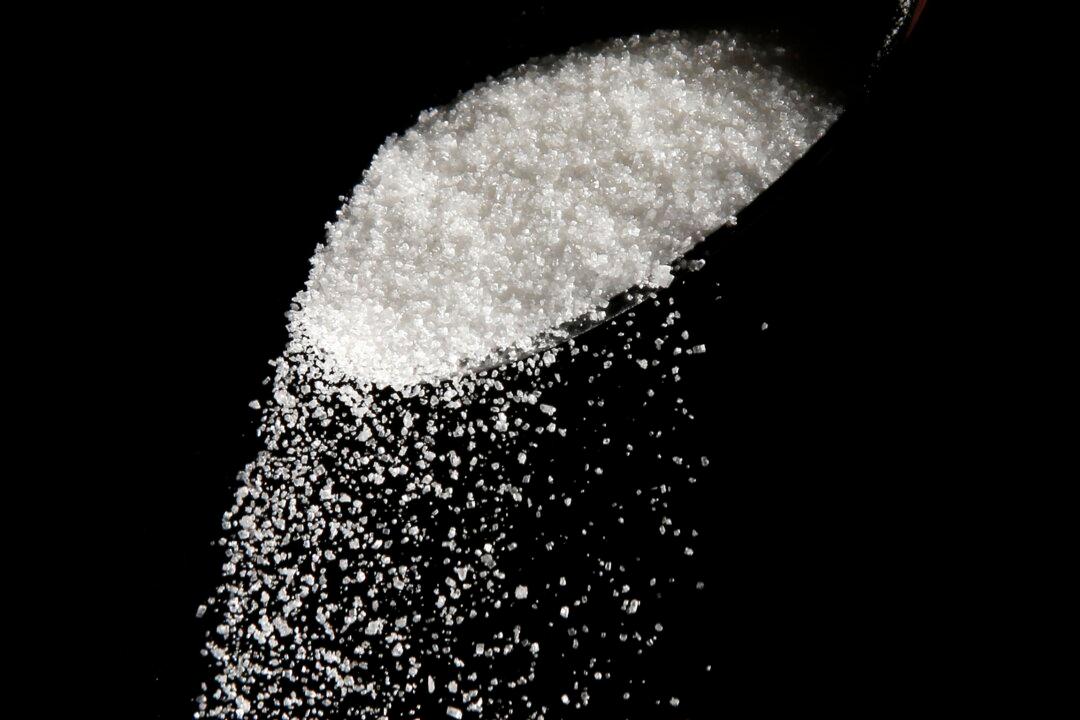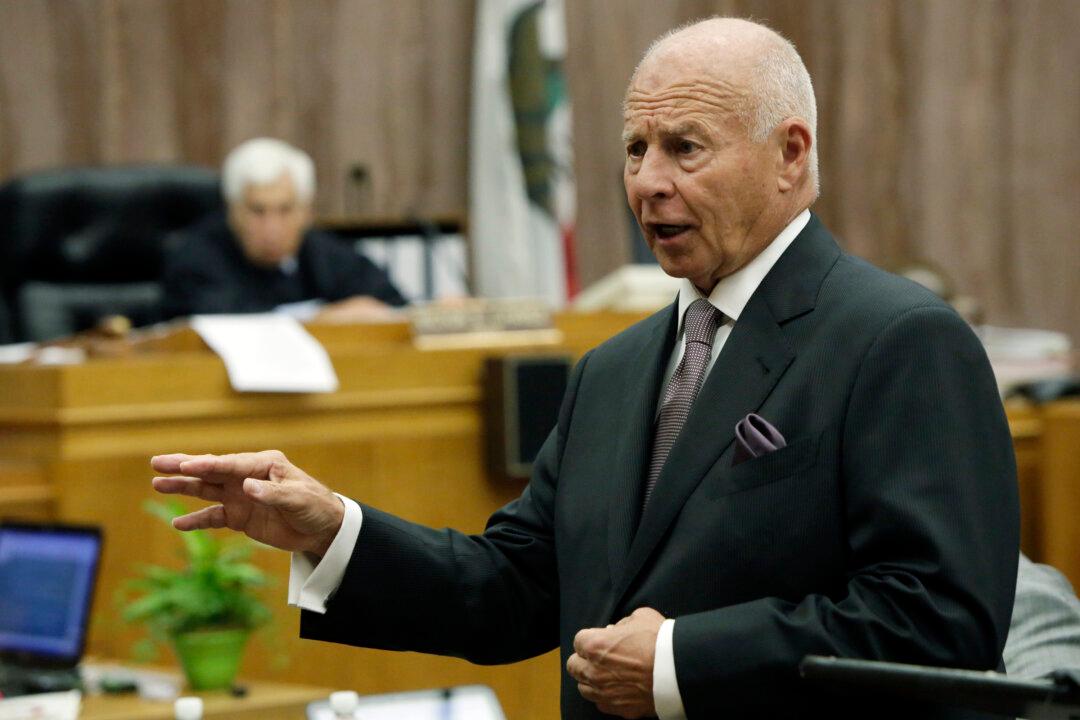New regulations on food labeling may soon be coming to New York City. A new law, set to come into effect later this year, could see warning labels placed next to sugary foods and drinks in chain restaurants and coffee shops across the city.
The law specifically targets food businesses with 15 or more storefronts. These businesses must display a warning icon consisting of a black and white spoon loaded with sugar, which needs to be placed next to any menu items containing at least 50 grams of added sugar.




